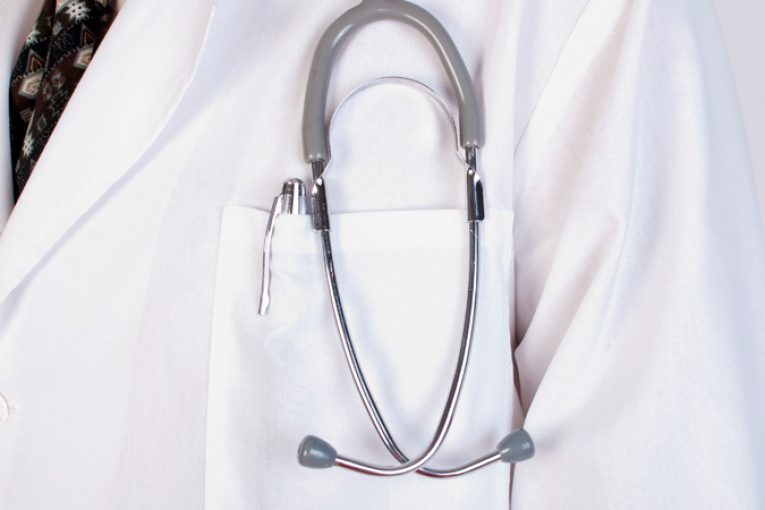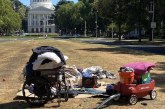
 By Mathew Seibert
By Mathew Seibert
WASHINGTON, DC – Medical debt continues to be a devastating crisis for Black households and communities across the nation.
A report from the National Consumer Law Center, The Racial Health and Wealth Gap: Impact of Medical Debt on Black Families, examines the harms of aggressive debt collection from individuals with ongoing medical bills.
The report included analysis from the Consumer Financial Protection Bureau (CFPB) that found an estimated $88 billion in medical bills for these families.
National Consumer Law Center Staff Attorney, Berneta Haynes said, “Due to long-standing racial inequalities in health and wealth, the medical debt crisis has impacted Black families more acutely than white families.”
Even with the implementation of the Affordable Care Act, Medical debts have poisoned our nation, consisting upwards of 58 percent of all debts in collections, the report noted, adding that, disproportionately, medical debt affects 27.9 percent of Black households compared to 17.2 percent of white non-Hispanic households.
The National Consumer Law Center report revealed that structural racism was a core feature of Jim Crow segregation.
“In recognition of the explicit role racism plays in medical debt and health disparities, advocates and leaders should take action to protect Black patients from unaffordable medical bills that trap families in a cycle of financial insecurity,” said Haynes.
The COVID-19 pandemic really shed light on the racial inequalities and gaps in health care, where people of color were more likely to become ill and die from the virus, the report suggests.
To make things worse, the report adds, medical bills show up unexpectedly unlike many other debts. Once these medical bills go unpaid, credit scores and finances are substantially affected, creating a domino effect of unemployment and housing foreclosure.
“Medical debt must be addressed as a racial justice issue with advocates and policymakers targeting medical debt solutions to black communities and households,” said Haynes.




